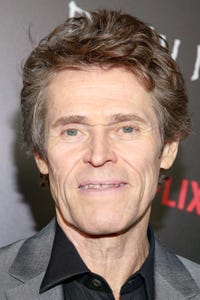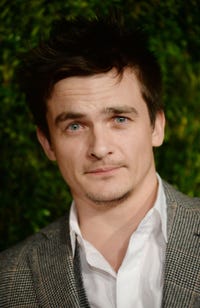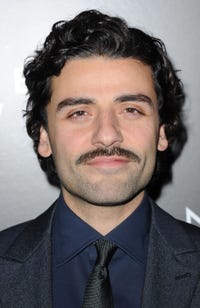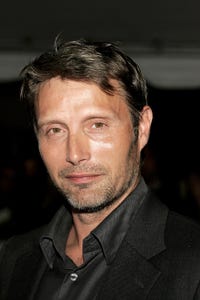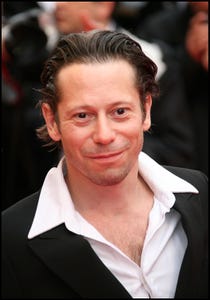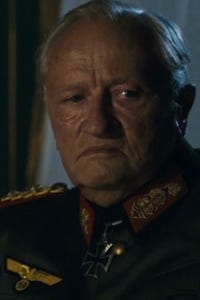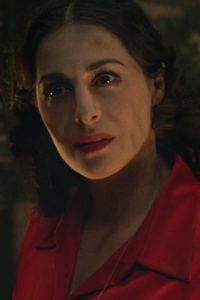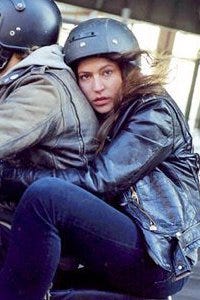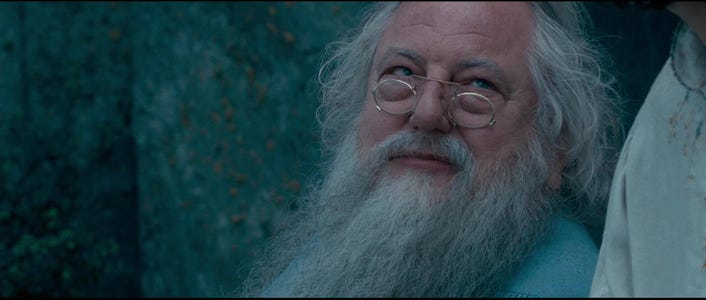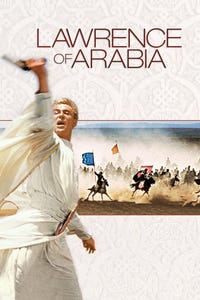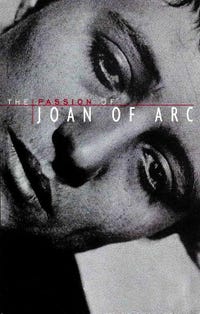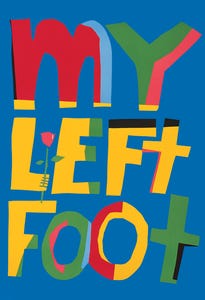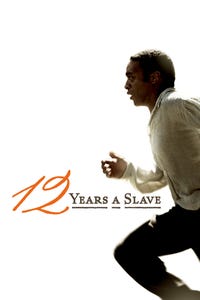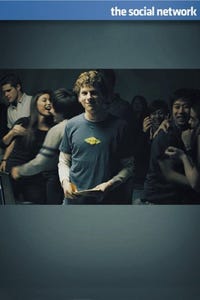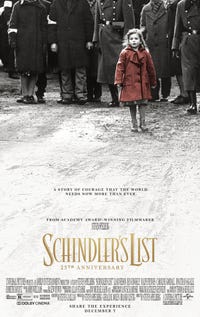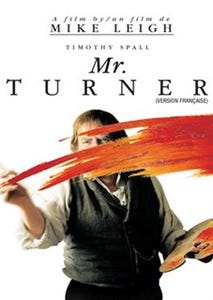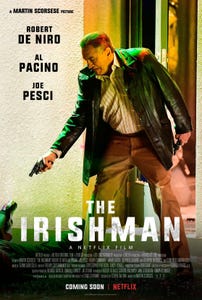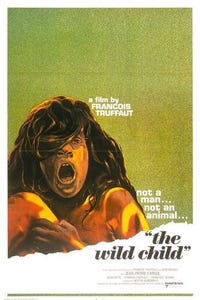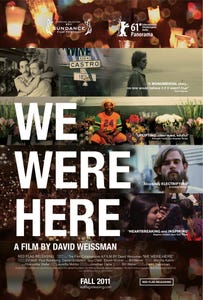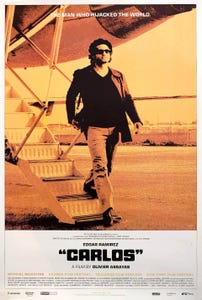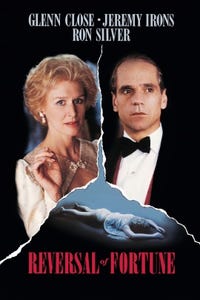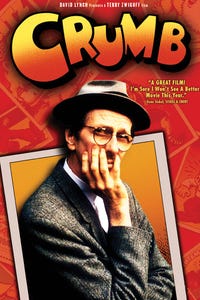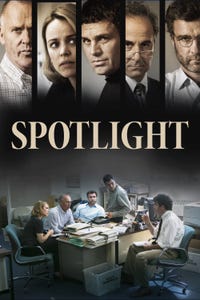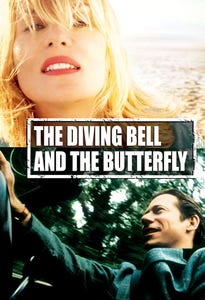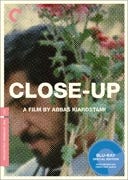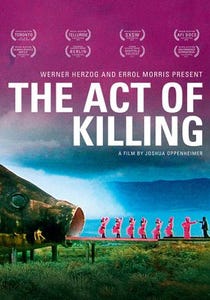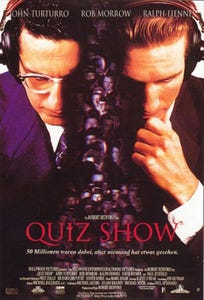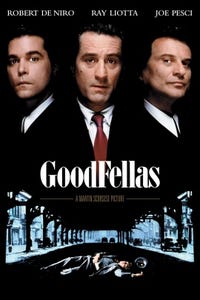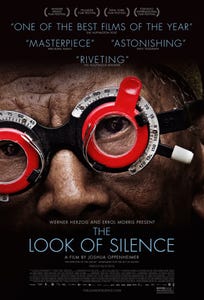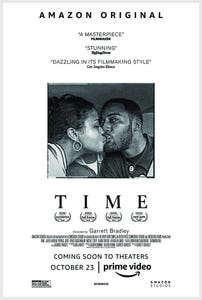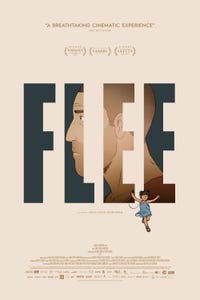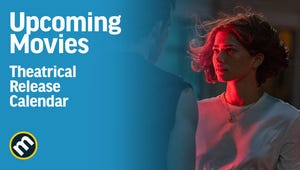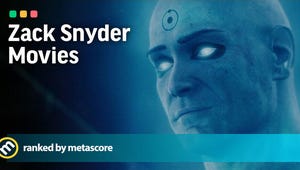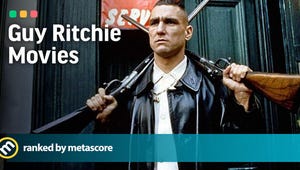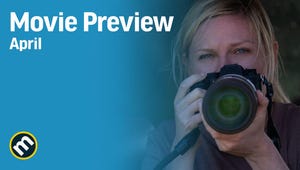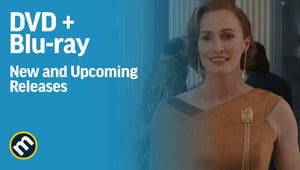- 2018
- PG-13
- CBS Films
- 1 h 51 m
- 2018
- PG-13
- CBS Films
- 1 h 51 m
Summary At Eternity’s Gate is a journey inside the world and mind of a person who, despite skepticism, ridicule and illness, created some of the world’s most beloved and stunning works of art. This is not a forensic biography, but rather scenes based on Vincent van Gogh’s (Willem Dafoe) letters, common agreement about events in his life that pre...
Directed By: Julian Schnabel
Written By: Jean-Claude Carrière, Louise Kugelberg
- 2018
- PG-13
- CBS Films
- 1 h 51 m
- 2018
- PG-13
- CBS Films
- 1 h 51 m
At Eternity's Gate
Where to Watch
Summary At Eternity’s Gate is a journey inside the world and mind of a person who, despite skepticism, ridicule and illness, created some of the world’s most beloved and stunning works of art. This is not a forensic biography, but rather scenes based on Vincent van Gogh’s (Willem Dafoe) letters, common agreement about events in his life that pre...
Directed By: Julian Schnabel
Written By: Jean-Claude Carrière, Louise Kugelberg
Where to Watch
Top Cast
26 Reviews
8 Reviews
0 Reviews
26 Reviews
8 Reviews
0 Reviews
69 Ratings
25 Ratings
4 Ratings
69 Ratings
25 Ratings
4 Ratings
